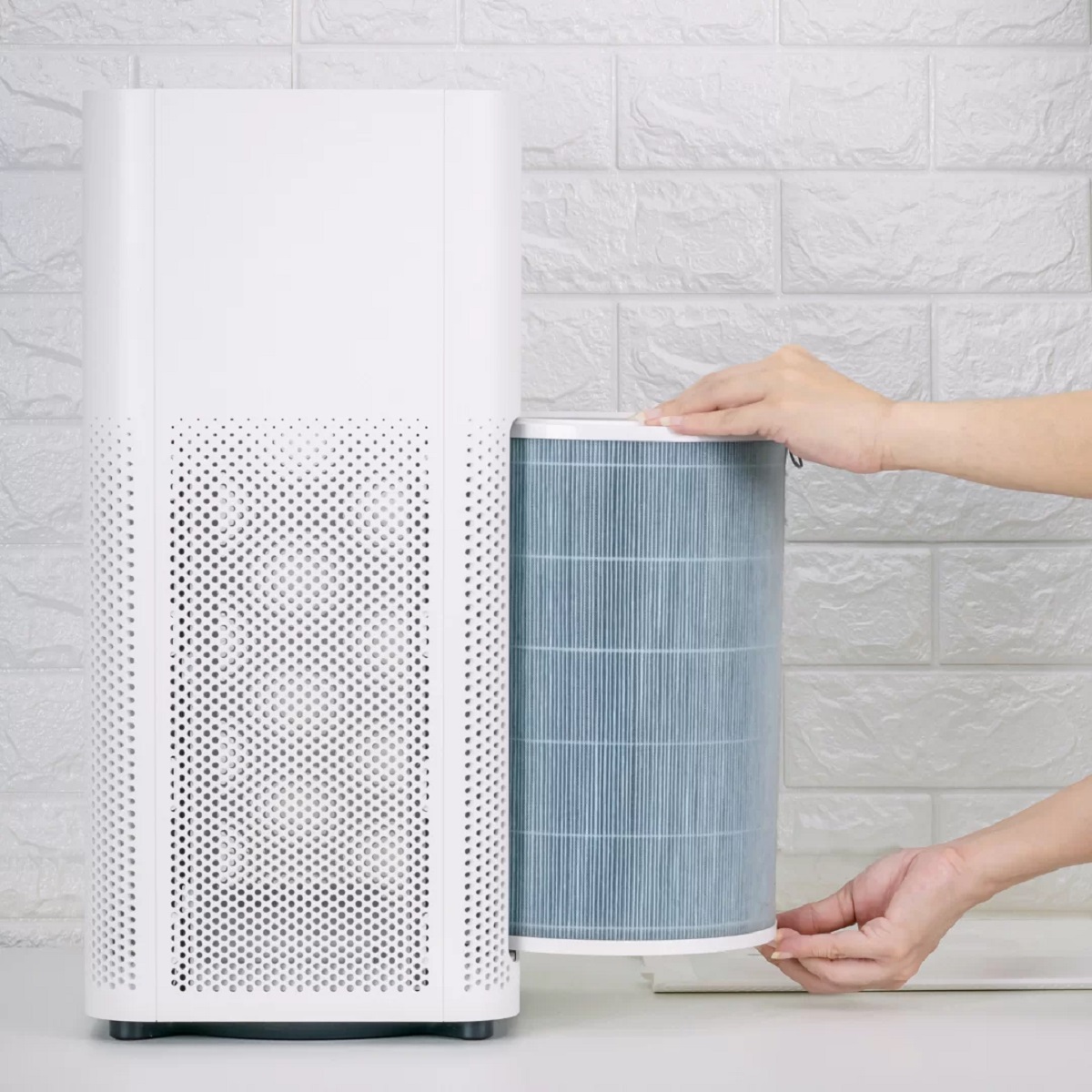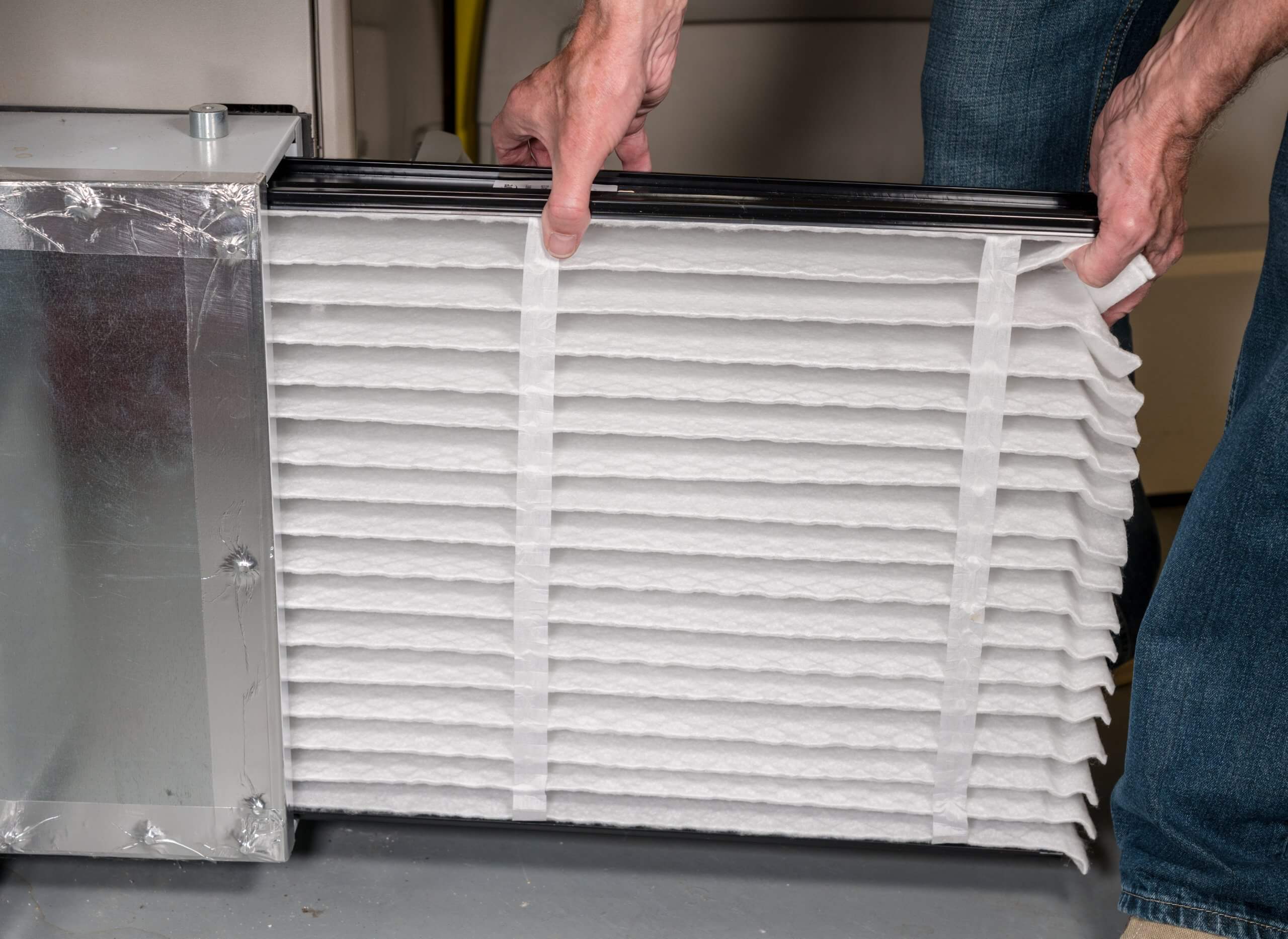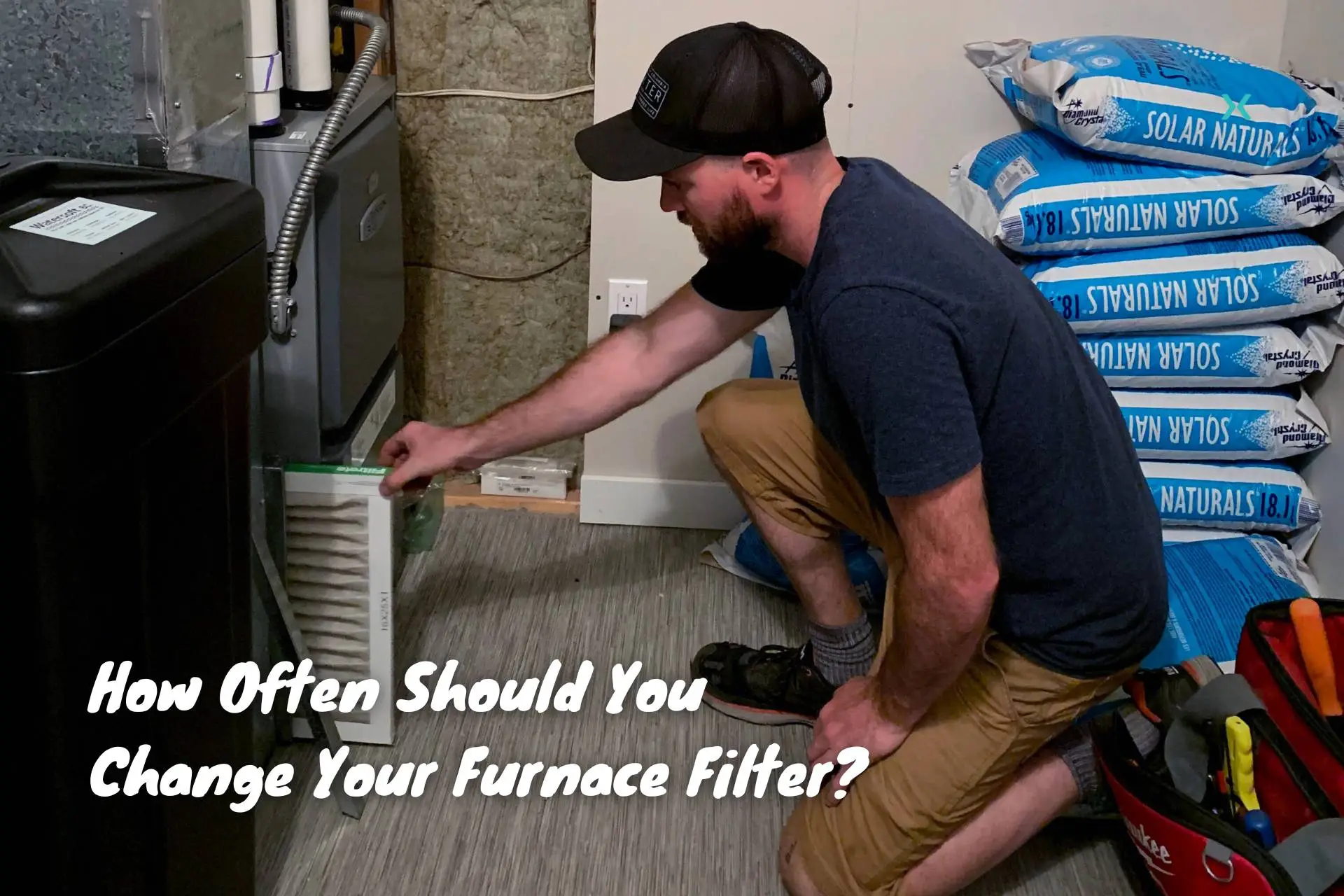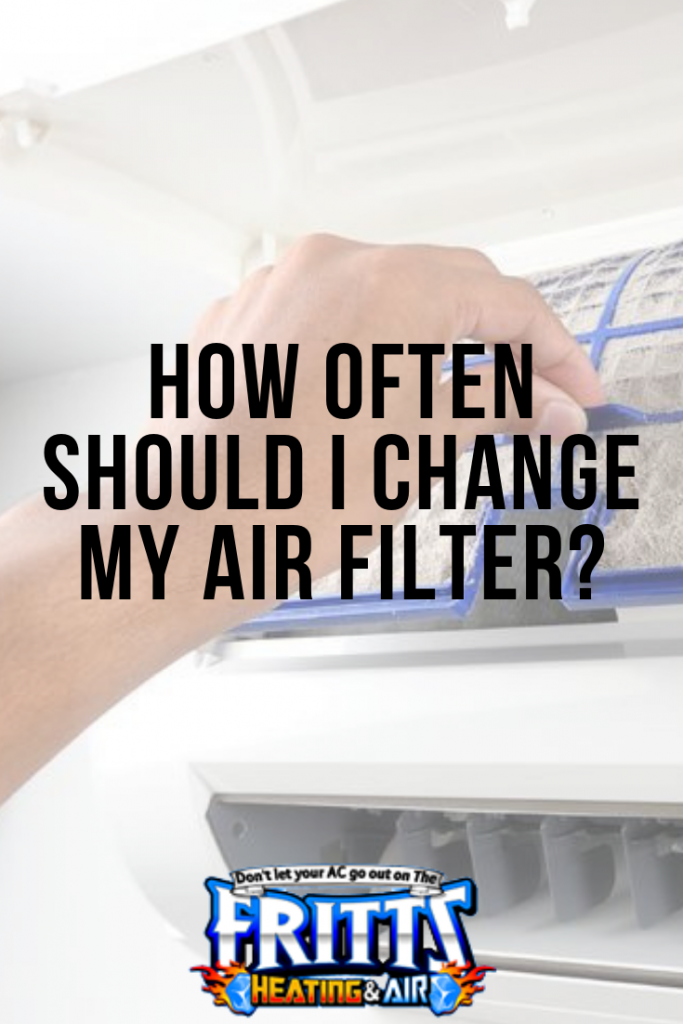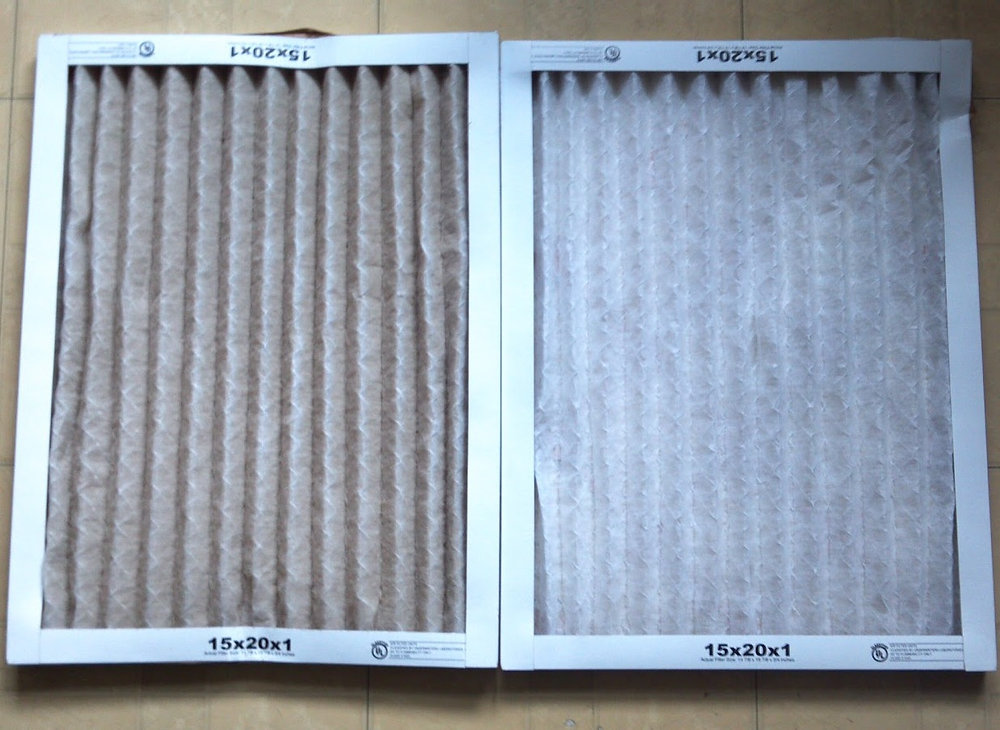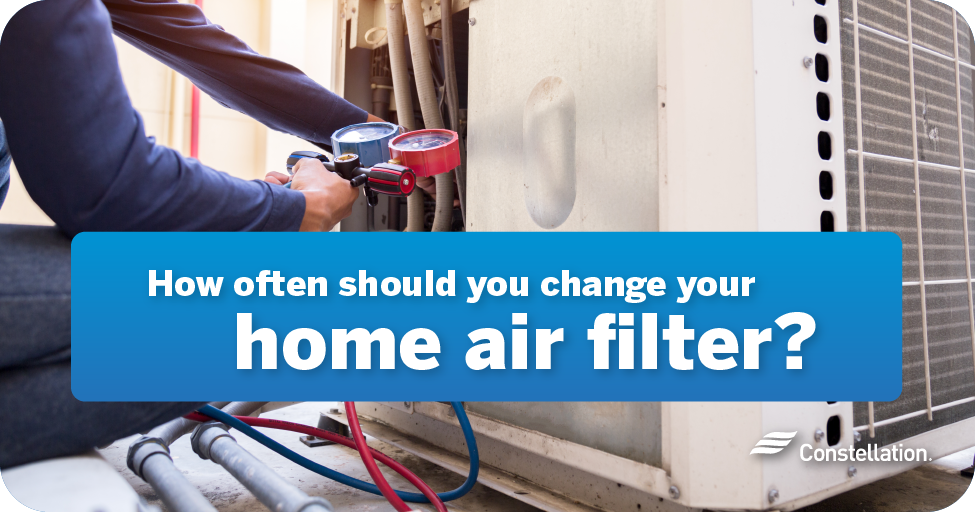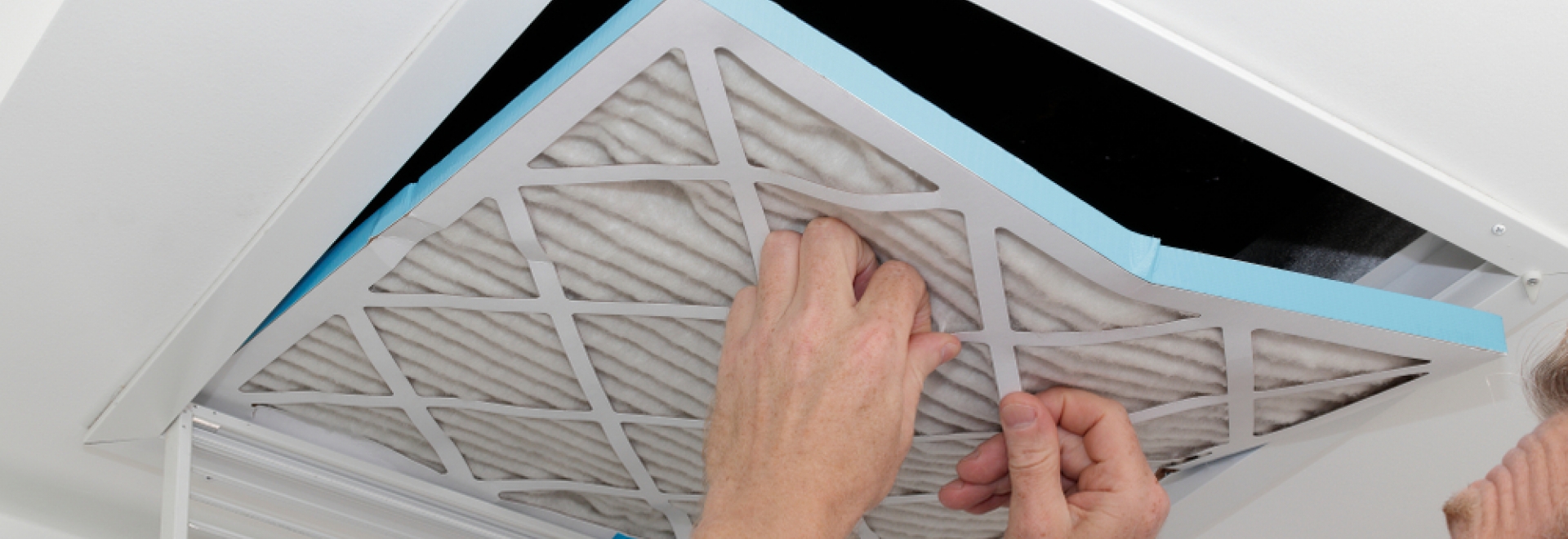How Often Should Air Purifier Filters Be Changed
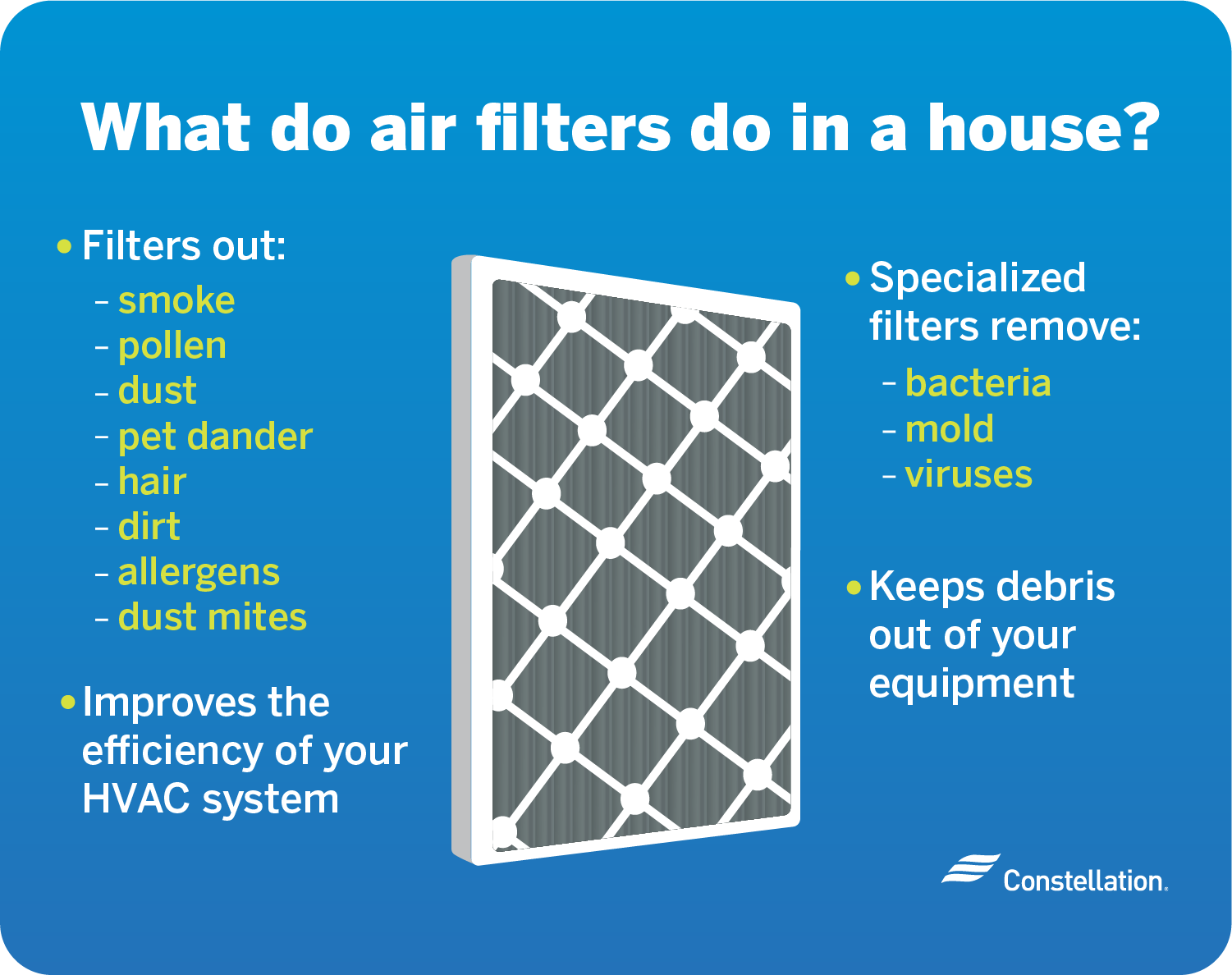
Imagine a sunbeam slicing through your living room, normally dancing with motes of dust, but today, it's remarkably clear. A deep breath fills your lungs, not with the familiar tickle of allergens, but with a sense of pure, clean air. Your air purifier hums quietly in the background, a silent guardian of your indoor sanctuary.
But how long can you rely on this invisible shield? The key lies in the humble filter, the workhorse of your air purifier. Understanding how often to change it is crucial for maintaining air quality and protecting your health.
This article delves into the factors influencing air purifier filter replacement, ensuring your air remains fresh and your device operates efficiently.
The Heart of the Matter: Understanding Air Purifier Filters
Air purifiers work by drawing in air, passing it through a filter (or a series of filters), and then releasing the cleaned air back into the room. The filters trap pollutants like dust, pollen, pet dander, smoke, and even some viruses and bacteria, depending on the filter type.
There are several common types of air purifier filters, each with its own strengths and lifespan.
Types of Air Purifier Filters
HEPA filters, or High-Efficiency Particulate Air filters, are the gold standard for capturing tiny particles. They are designed to trap 99.97% of particles that are 0.3 microns in size – including many allergens, bacteria, and viruses.
Activated carbon filters excel at removing odors, gases, and volatile organic compounds (VOCs). These are commonly found in household cleaners, paints, and even some furniture.
Pre-filters are the first line of defense, capturing larger particles like dust and pet hair. They protect the more delicate HEPA and carbon filters from becoming overloaded.
Some air purifiers also use UV-C light or ionizers to further sterilize the air, though these technologies are often supplementary to the filter system.
The Golden Question: How Often to Replace Filters
There's no one-size-fits-all answer to the question of filter replacement. Several factors influence the ideal frequency.
Factors Affecting Filter Lifespan
Air Quality: If you live in an area with high levels of pollution or experience seasonal allergy flare-ups, you’ll need to change your filters more often. Similarly, homes with smokers or pets will require more frequent filter replacements.
Usage: Running your air purifier 24/7 will naturally shorten the lifespan of the filters compared to using it only occasionally. More usage equals more particles trapped.
Filter Type: Each type of filter has a recommended lifespan. Pre-filters may need cleaning or replacement every month, while HEPA filters can last six months to a year, and carbon filters may require replacement every 3-6 months.
Manufacturer Recommendations: Always consult the manufacturer's instructions for your specific air purifier model. They provide the most accurate guidelines for filter replacement.
General Guidelines for Filter Replacement
As a general rule, pre-filters should be cleaned every 2-4 weeks. This involves vacuuming or washing the filter to remove accumulated dust and debris.
HEPA filters typically last 6-12 months. Look for visual cues like excessive dust buildup or a decrease in airflow as signs that it's time for a replacement.
Activated carbon filters usually need replacement every 3-6 months. A noticeable return of odors is a telltale sign that the carbon filter is no longer effective.
Ignoring these guidelines can lead to several problems.
The Consequences of Neglecting Filter Replacement
Using a clogged or dirty air purifier filter can have detrimental effects on both your health and the performance of your device.
Reduced Air Quality: A full filter can no longer effectively trap pollutants, leading to a decline in indoor air quality. This can exacerbate allergies, asthma, and other respiratory issues.
Strained Performance: A clogged filter forces the air purifier to work harder, which can reduce its lifespan and increase energy consumption.
Secondary Pollution: In some cases, a heavily contaminated filter can even release trapped pollutants back into the air.
To make your life easier, consider these tips.
Tips for Maintaining Your Air Purifier Filters
Regularly Check Filters: Visually inspect your filters every few weeks to assess their condition.
Clean Pre-Filters Frequently: Vacuum or wash your pre-filters as recommended to extend the life of other filters.
Set Reminders: Use a calendar or smartphone app to schedule filter replacements. Most new air purifiers have built-in indicator lights that will remind you when it’s time to change filters.
Purchase Genuine Filters: Always use filters that are specifically designed for your air purifier model. Generic filters may not meet the same quality standards.
Consider a Smart Air Purifier: Some newer air purifiers have smart features that track filter usage and automatically order replacements.
Beyond the Filter: The Bigger Picture of Indoor Air Quality
While air purifiers are a valuable tool, they are just one piece of the puzzle when it comes to maintaining healthy indoor air. It’s important to have a broad understanding.
Ventilation: Regularly open windows and doors to ventilate your home and bring in fresh air. Even a few minutes of ventilation each day can make a difference.
Source Control: Minimize sources of indoor air pollution, such as smoking, using harsh chemicals, and burning scented candles.
Humidity Control: Maintain a moderate humidity level to prevent the growth of mold and mildew, which can trigger allergies and respiratory problems.
Regular Cleaning: Dust and vacuum regularly to remove accumulated pollutants from surfaces.
By incorporating these practices, you can create a healthier and more comfortable indoor environment for yourself and your family.
The Breath of Fresh Air: A Reflective Conclusion
Maintaining your air purifier filters is an investment in your health and well-being. By understanding the factors that influence filter lifespan and following the guidelines outlined in this article, you can ensure that your air purifier continues to provide clean and fresh air for years to come.
Think of it as tending to a small indoor garden. Just as plants need care and attention, your air purifier requires regular maintenance to flourish. The reward is a breath of fresh air, a sanctuary from the pollutants that can compromise your health and quality of life.
So, take a moment to check your filters, set a reminder, and breathe deeply. You’re one step closer to creating a healthier home, one filter at a time.

